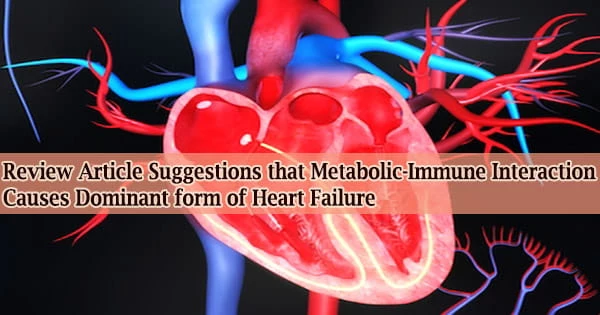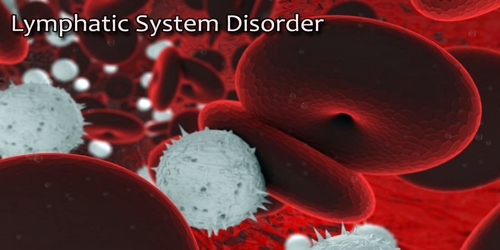According to a review study produced by UT Southwestern researchers and colleagues, the most common form of heart failure worldwide appears to be caused by a strong, bidirectional relationship between the body’s reaction to metabolic stress and the immune system.
More investigation into this core reason is needed to produce really effective treatments, according to the article, which was published in Nature Cardiovascular Research.
“Heart failure with preserved ejection fraction affects millions of people around the globe, but we currently have little to offer these patients because the mechanisms behind it have been unknown. It’s been called the single greatest unmet need in cardiovascular medicine,” said the article’s senior author Joseph Hill, M.D., Ph.D., Professor of Internal Medicine and Molecular Biology and Chief of Cardiology at UT Southwestern.
“We now have insight into this condition that we didn’t have even five years ago, observations that could lead to viable clinical targets.”
Dr. Hill explained that heart failure is defined as the heart’s inability to effectively pump blood. There are two types of heart failure: heart failure with reduced ejection fraction (HFrEF), which occurs when the amount of blood leaving the heart with each beat decreases, and heart failure with preserved ejection fraction (HFpEF), which occurs when the heart is unable to fill to capacity.
While HFrEF has long been the most frequent variant, HFpEF, which is linked to obesity, diabetes, and other aspects of the metabolic syndrome, has surged in prevalence over the last several decades and now outnumbers HFrEF.
Heart failure with preserved ejection fraction affects millions of people around the globe, but we currently have little to offer these patients because the mechanisms behind it have been unknown. It’s been called the single greatest unmet need in cardiovascular medicine.
Joseph Hill
There are numerous treatments for various forms of HFrEF, however, none of them have any effect on HFpEF. This is because different underlying systems produce the two illnesses, according to Dr. Hill, who has spent years researching this topic.
Although weight loss can help in HFpEF, he emphasized that losing weight is a challenge for many people, necessitating the need for therapies.
Hill and his colleagues detail results from recent years that indicate to joint metabolic and immunological dysfunction as the fundamental etiology of HFpEF in their review study. Inflammatory chemicals secreted by adipose tissue travel to the heart, attracting immune cells, as seen in cardiac biopsy samples from people with HFpEF.
At the same time, cardiac toxicity induced by the excess of fatty acids as a source of energy in people with metabolic syndrome tends to trigger an immunological response, creating a vicious cycle.
Crosstalk between adipose tissue, the immune system, and the heart appears to enhance both immunological and metabolic stress, leading to the heart’s eventual failure. But, according to Dr. Hill, it’s still unclear how crosstalk occurs, what impacts it has, and how to stop it.
He stated that while research into this emerging field of immunometabolism is providing some light on these problems, additional work is needed to develop effective therapies for HFpEF patients.
“Research from our lab and others is raising possibilities of therapeutic targets that need to be investigated,” Dr. Hill said. “There’s a reasonable chance that we could have therapies available for this intractable condition within the next decade.”
According to U.S. News and World Report, UT Southwestern is the best hospital in Texas for cardiology and heart surgery, as well as the 11th best in the US. Dr. Hill is the Frank M. Ryburn Jr. Chair in Heart Research and the James T. Willerson, M.D. Distinguished Chair in Cardiovascular Diseases.
The review article was co-authored by Thomas G. Gillette, Ph.D., Associate Professor of Internal Medicine at UT Southwestern.
















